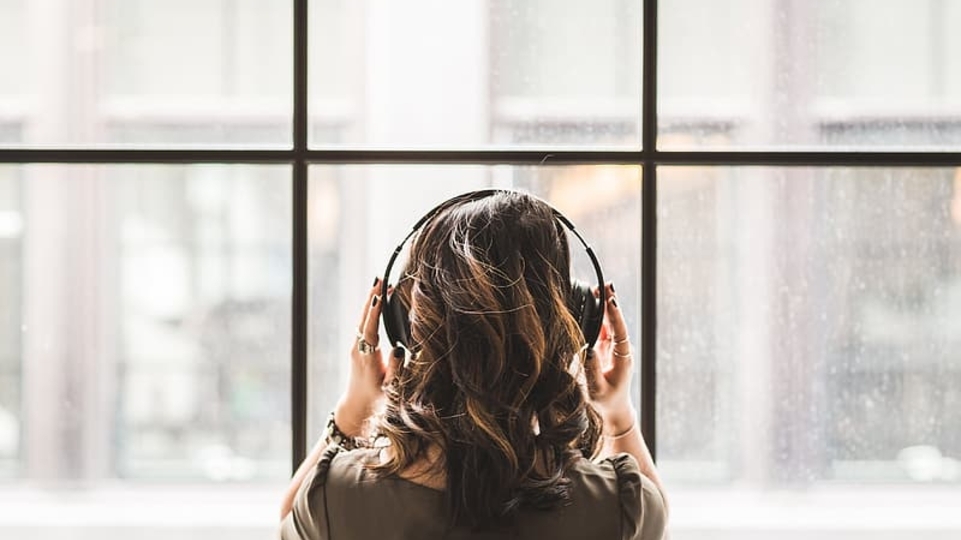Listening to music that gives you “chills” may reduce pain, study says
Researchers approximate listening to one's favourite music can be as strong as over-the-counter painkillers

Listening to music that gives you “chills” may result in the reduction of pain, according to a new study.
The study - which was carried out by McGill University in Montreal, Canada - suggests that the emotional responses generated by listening to your favourite music can relieve pain.
In a statement, Darius Valevicius, the first author of the research from McGill University, said: “We can approximate that favourite music reduced pain by about one point on a 10-point scale, which is at least as strong as an over-the-counter painkiller like Advil [ibuprofen] under the same conditions. Moving music may have an even stronger effect."
According to a new report by the Guardian, Valevicious and his colleagues tested the hypothesis by asking 63 healthy participants to attend a pain laboratory in the McGill Campus, where researchers used a prove device to heat an area on their left arm.
Meanwhile, participants either listened to two of their favourite tracks, relaxing music selected for them, scrambled music or silence. The results reveal that participants who experienced "chills" listening to their favourite music rated the pain as less intense by about four points on a 100-point scale, and less unpleasant by nine points.
While he said more work was needed to test the ideas, Valevicius added: "The difference in effect on pain intensity implies two mechanisms – chills may have a physiological sensory-gating effect, blocking ascending pain signals, while pleasantness may affect the emotional value of pain without affecting the sensation, so more at a cognitive-emotional level involving prefrontal brain areas."
In response to the study's findings, Dr Brendan Rooney of University College Dublin's school of psychology said: “Together this paper and our work provide evidence that people who are experiencing pain should be empowered to curate their own analgesic experiences from music and entertainment."
The full study is available to read via the Frontiers in Pain research journal here
Last year, a study found that playing a musical instrument has a host of benefits for people living with dementia, while another noted that rats can dance, and are most in sync with 120-140 BPM.






